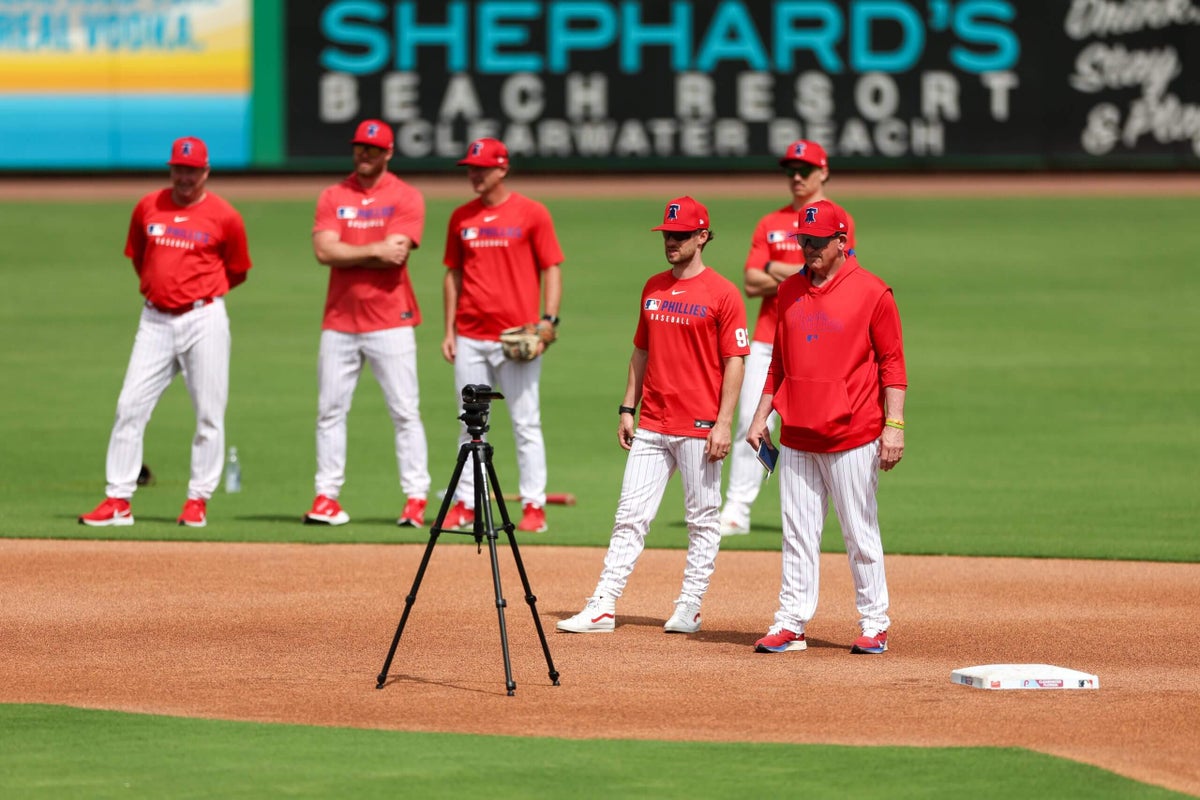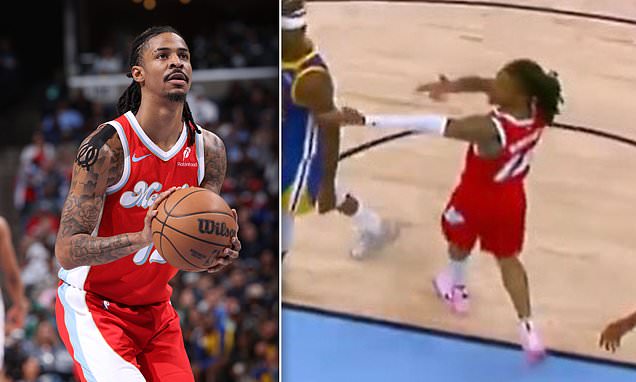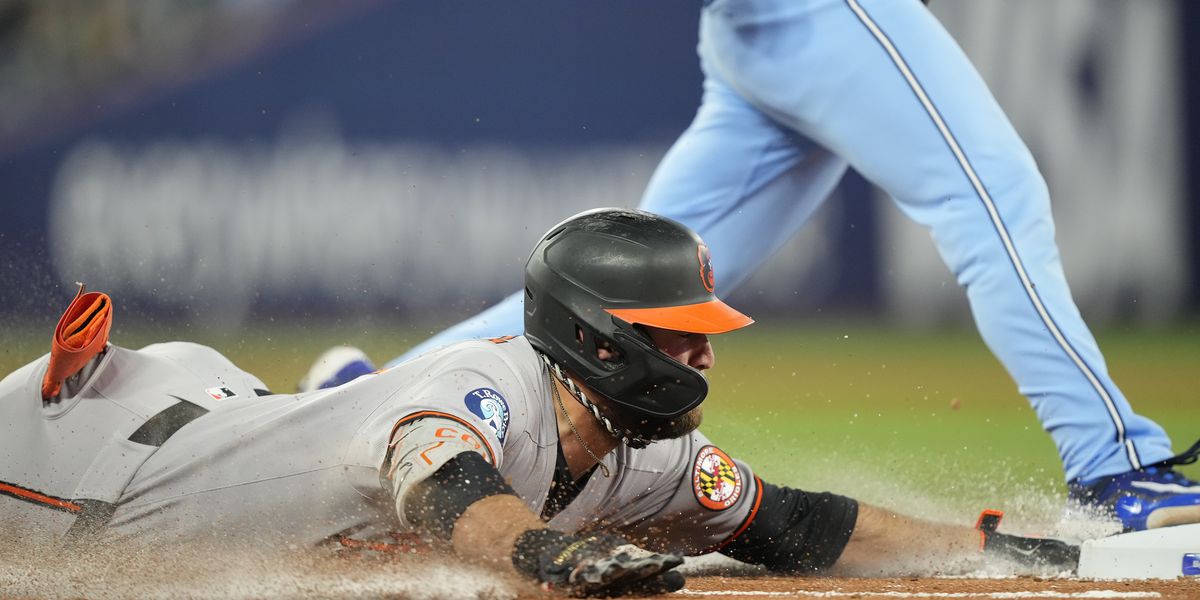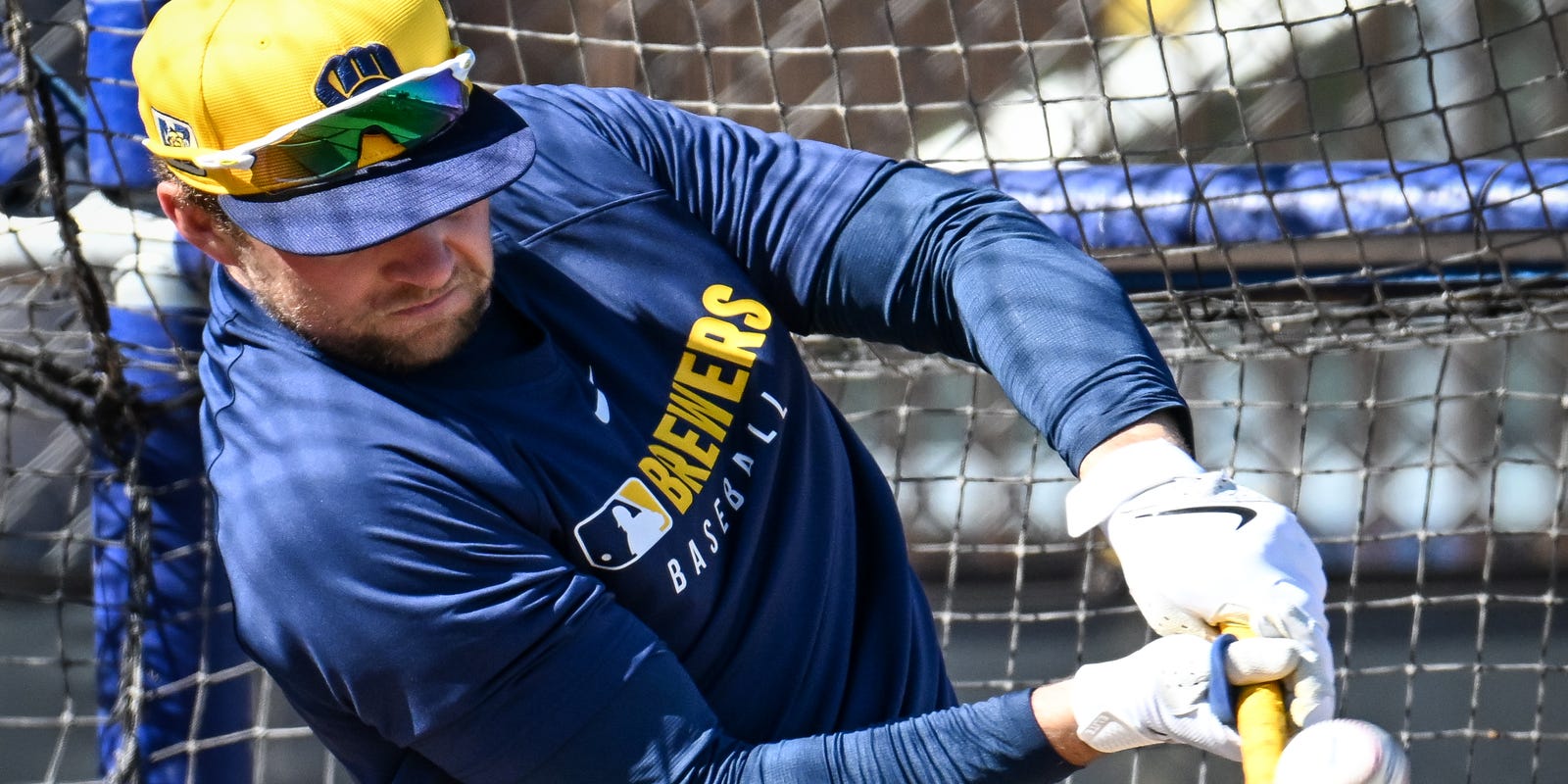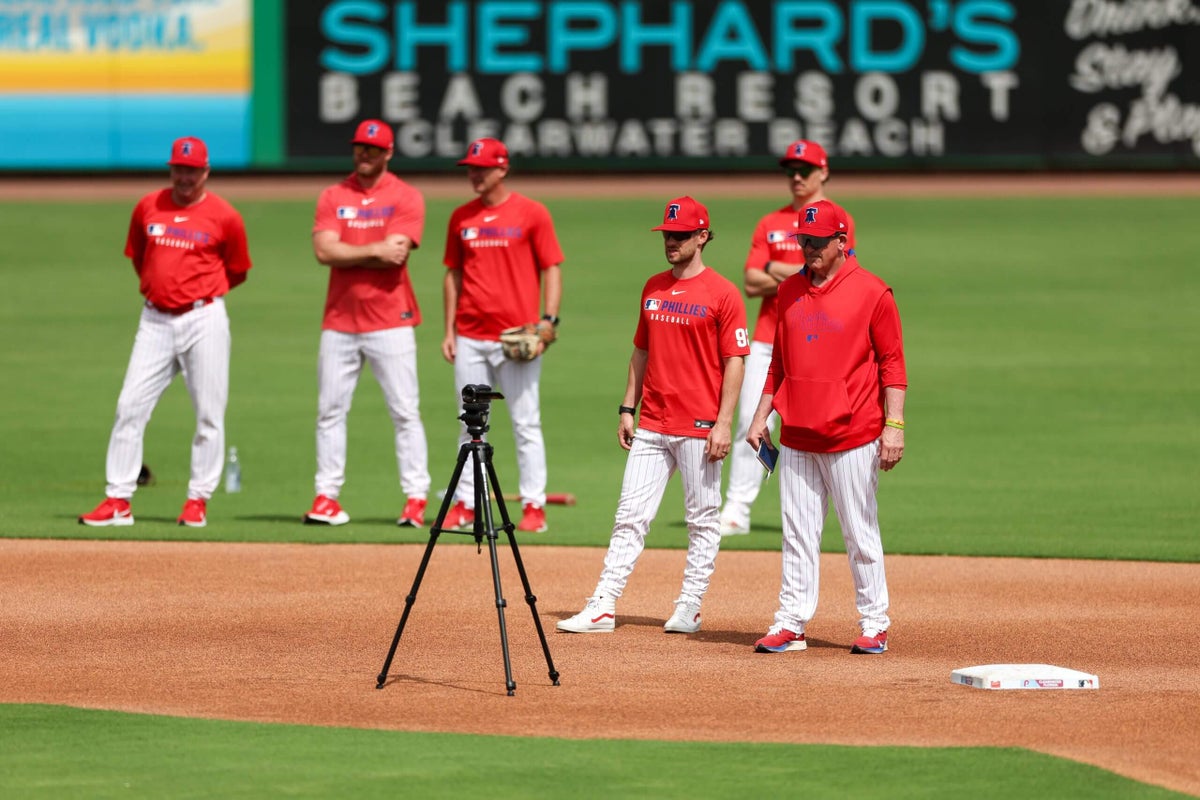
PHILADELPHIA — A Philadelphia judge this week denied the Phillies’ request for a temporary restraining order that would prevent an analytics company from selling components of its platform to division rivals after the Phillies said it violated the terms of their agreement.
The Phillies failed to “show that its claims of injury were anything but entirely speculative,” Judge James Crumlish III of the Philadelphia Court of Common Pleas wrote. The analytics company Zelus, now owned by Teamworks, contended the Phillies could not claim irreparable harm or a loss of competitive advantage because one of the club’s assistant general managers proposed a financial discount if the Phillies were to permit other teams to purchase components of the platform.
Advertisement
The Phillies paid the company $1.875 million from 2022-24 to use its Titan platform; those contracts included “division-exclusive” licenses that prevented Zelus from sharing data with any other National League East club. The company has said the Phillies stalled to exercise a $725,000 option for 2025 and that they did not have exclusive rights to individual components of the platform, which have been marketed to every team in the sport for months.
Crumlish wrote that the Phillies failed to demonstrate “requisite diligence in seeking relief,” suggesting they implied this was an emergency situation when it wasn’t. The case will proceed without the temporary restraining order.
Attorneys for Teamworks had argued the Phillies spent “four months quietly trying to negotiate a cheaper deal.” Only when those efforts failed, Teamworks said, did the Phillies start “hurling accusations of ‘irreparable harm.’”
“The Phillies are disappointed with the Court’s decision, which contains numerous errors of fact and law,” the Phillies said in a statement. “We look forward to prevailing on the merits of our case in front of a Philadelphia jury.”
“We are pleased the court has denied the Philadelphia Phillies’ effort to prevent rival organizations from accessing our advanced analytics products,” a Teamworks spokesman said in a statement. “While we cannot comment on specific details of ongoing litigation, we remain confident we have acted in full compliance with our agreements and look forward to an appropriate resolution.”
In the proceedings, Teamworks provided Slack messages sent last February by Anirudh Kilambi, a Phillies assistant general manager who oversees the club’s more-than-40-people analytics department, to Doug Fearing, the CEO and co-founder of Zelus. Kilambi said his department “tried to place a dollar value on the exclusivity provision” and proposed a $50,000 price cut if the Phillies prepaid for the 2025 season. Kilambi outlined a structure that could result in $600,000 in additional rebates if Teamworks sold components of its platform to in-division and non-divisional teams.
Advertisement
Details about Teamworks’ (née Zelus) work in Major League Baseball emerged with the lawsuit. Teamworks said it has sold its Titan platform to five clubs — one in every division but the National League West. One team in the NL West has access to a component called “Roster Intelligence.” One team in the NL Central has purchased Teamworks’ “Data Engine.”
And one team in the NL East signed a contract to use something called “Game Intelligence.” Teamworks attorneys said no payments had been made and that team does not yet have access to the offering.
At the Winter Meetings in December, Zelus offered MLB teams new standalone components with annual costs ranging from $70,000 to $350,000. The most expensive offering — called “Roster Intelligence: Complete” — promises evaluation tools and “core metrics” focused on U.S. amateur players and international pro players.
The “Game Intelligence” product is available for $220,000. That includes tools that assist with on-field strategy, including “batter-pitcher matchup projections, fielder positioning recommendations, pitch outcome visualizations, and pitch type projections.”
The Phillies had stated they use Zelus’ platform to “inform critical baseball operations decisions, including player evaluation, prospect assessment, trade analysis, roster construction, asset valuation, and on-field strategy.”
Teamworks attorneys offered an example of why the Phillies could not claim a competitive disadvantage if rival clubs purchased one component of the Titan platform.
“Two teams with access to (Teamworks’) roster construction tools might each be interested in acquiring a given player with strong metrics,” they wrote. “But the team having only access to the Roster Intelligence Component would not have access to the corresponding in-game player deployment tools. Thus, that team would be forced to rely on its own internal models for in-game player deployment decisions, which could be inconsistent with the overall evaluation. This could result in a situation where a player is acquired but then infrequently (or inefficiently) deployed. By contrast, the team with access to the platform can confidently acquire the player knowing that the in-game player deployment decisions will be consistent with the overall evaluation.”
Advertisement
The company argued that it would be difficult, if not impossible, for the Phillies to attribute another front office’s decision solely to that club having access to Teamworks’ products. “Ultimately, all MLB teams make decisions about player acquisition, deployment, and game strategy based on subjective evaluations and judgments made by humans,” Teamworks attorneys wrote.
They pointed out the Phillies have chosen in the past not to use the platform’s recommendations for “in-game player deployment decisions, resulting in decisions that are inconsistent with the recommendations provided in the platform.”
Teamworks argued the Phillies’ contention of “irreparable harm” was based on speculation about competitive infringements.
“(The Phillies have) failed to provide any actual proof of irreparable harm by way of concrete evidence,” Teamworks attorneys wrote. “And for good reason, because no such proof exists.”
(Photo: Nathan Ray Seebeck / Imagn Images)
